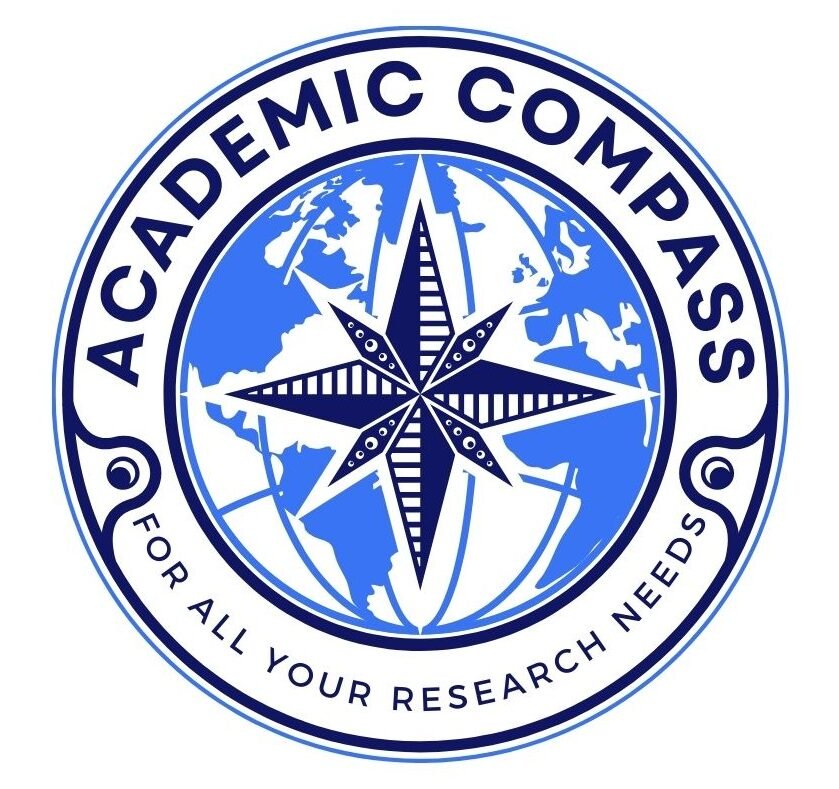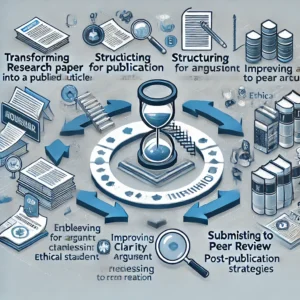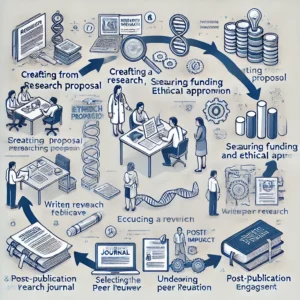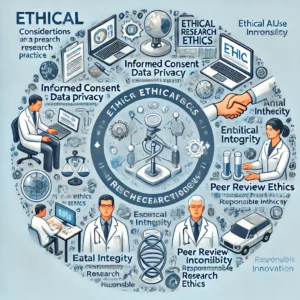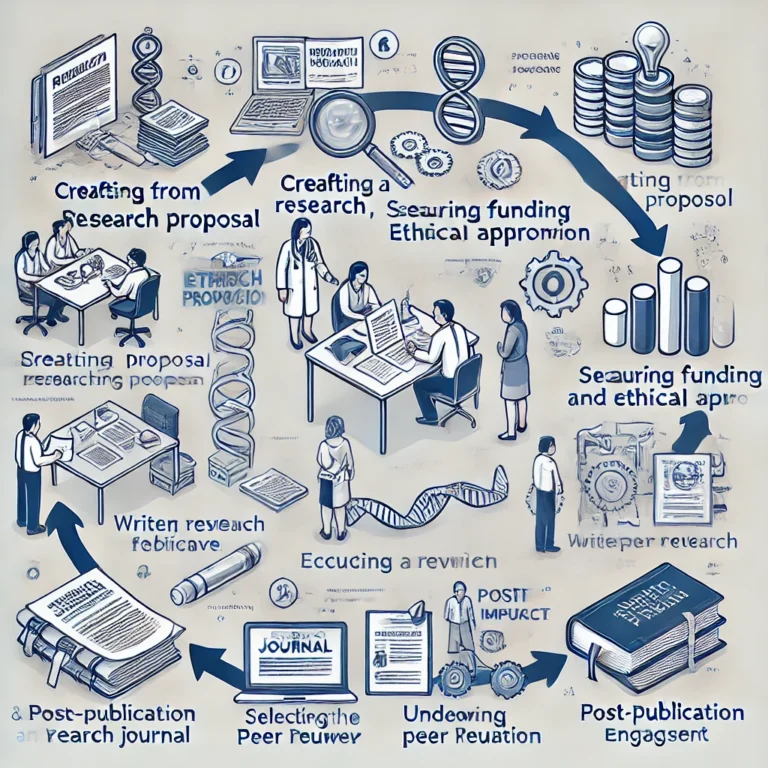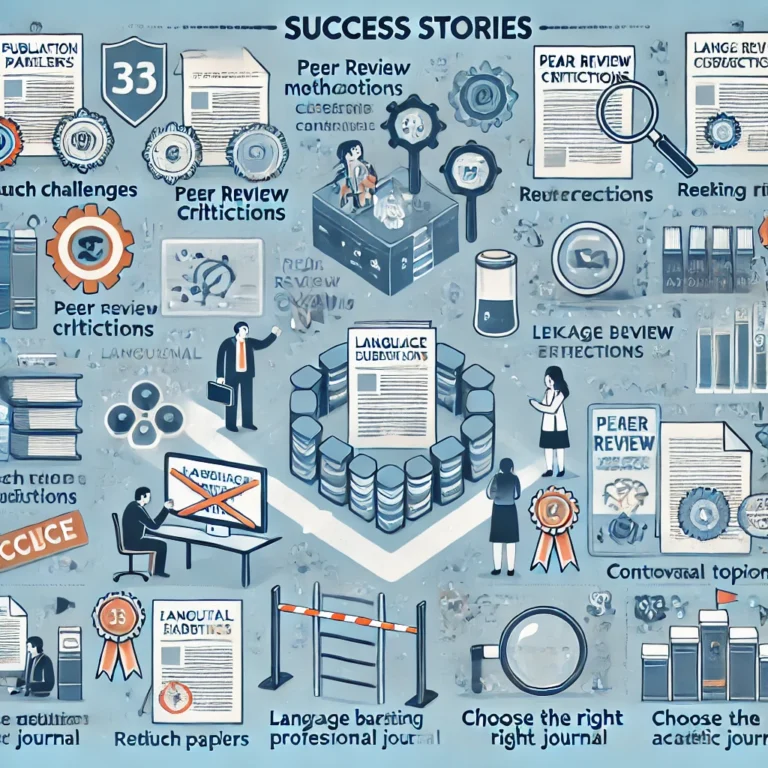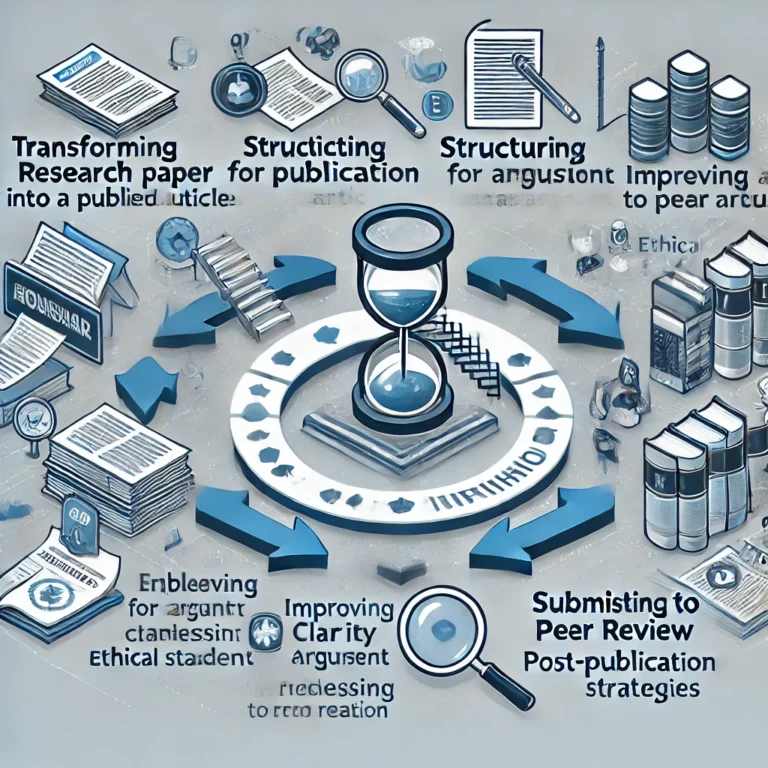Introduction
In academia, networking plays a crucial role in career development, collaboration opportunities, and knowledge exchange. Academic conferences provide an ideal platform for scholars, researchers, and professionals to connect, share insights, and foster relationships that can lead to future collaborations. This paper explores how attending and participating in conferences can significantly expand one’s academic network.
Opportunities for Networking
1. Connecting with Experts and Peers
Conferences bring together experts from various fields, providing attendees with the opportunity to interact with leading scholars and fellow researchers. Engaging in discussions during sessions, workshops, and social events allows for meaningful exchanges of ideas and potential research collaborations.
2. Presenting Research and Receiving Feedback
Presenting at a conference not only enhances a researcher’s visibility but also invites constructive criticism and suggestions from experienced professionals. This feedback can help refine research work and open doors to new perspectives and methodologies.
3. Engaging in Informal Discussions
Many valuable connections are made outside formal sessions, such as during coffee breaks, networking lunches, or social events. These informal interactions allow for deeper conversations, relationship-building, and even unexpected collaboration opportunities.
Benefits of Expanding an Academic Network
1. Collaboration Opportunities
Meeting researchers with similar interests can lead to joint projects, co-authorships, and interdisciplinary studies. Collaborative research efforts often yield higher impact results and increase the chances of publication in reputed journals.
2. Career Advancement
Networking at conferences can result in job opportunities, postdoctoral positions, and mentorship from senior academics. Building relationships with professionals in the field increases visibility and credibility, which is crucial for career growth.
3. Staying Updated with Trends
Interacting with peers and experts provides insights into the latest research trends, technological advancements, and emerging theories. This knowledge keeps researchers updated and enhances their academic work.
Strategies for Effective Networking at Conferences
1. Prepare in Advance
- Research the list of attendees and speakers.
- Plan which sessions to attend based on research interests.
- Prepare an elevator pitch to introduce oneself concisely.
2. Actively Participate
- Engage in Q&A sessions and discussions.
- Attend social events and networking sessions.
- Join special interest groups and forums.
3. Follow Up After the Conference
- Connect on professional platforms like LinkedIn.
- Send follow-up emails to continue discussions.
- Maintain relationships by sharing relevant research and collaboration opportunities.
Conclusion
Academic conferences play a pivotal role in expanding an individual’s academic network by facilitating interactions with experts, peers, and potential collaborators. Effective networking at these events can lead to enhanced research opportunities, career growth, and staying updated with field advancements. By strategically engaging in conference activities, researchers can maximize the benefits of their participation and build long-lasting professional relationships.
